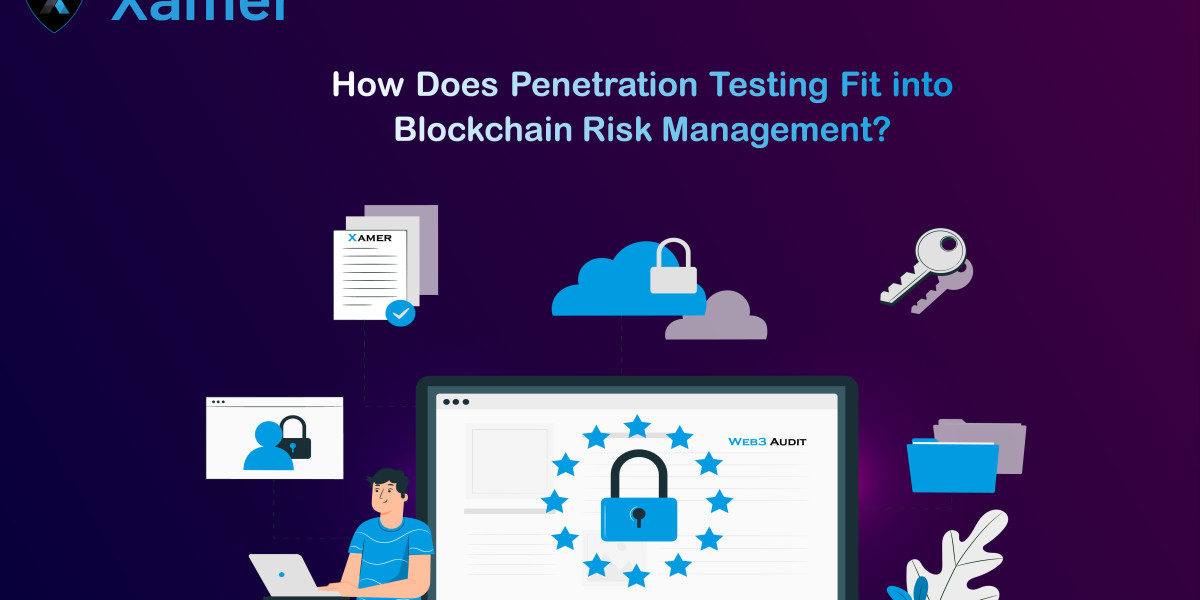In the rapidly evolving world of blockchain technology, security remains a paramount concern. Blockchain penetration testing, a critical component of cybersecurity, plays a vital role in fortifying these systems against potential threats. But how does this process work, and why is it so crucial for the integrity and trustworthiness of blockchain networks?
Unveiling Vulnerabilities: The Core of Penetration Testing
Penetration testing in the realm of blockchain involves simulating cyber-attack scenarios to identify weaknesses in the network. This proactive approach is designed to uncover vulnerabilities before malicious actors can exploit them. The process typically includes testing for flaws in smart contracts, seeking out misconfigurations in the network, and attempting to bypass security protocols.
Ethical Hacking: A Tool for Enhanced Security
Ethical hackers, equipped with a deep understanding of blockchain technology and cyber threats, are the vanguard in this testing. They employ various strategies, from code analysis to rigorous stress testing, to ensure every potential breach point is examined. This comprehensive evaluation helps in pinpointing areas where security can be breached, thus enabling developers to fortify these weak points.
Compliance and Assurance: Meeting Industry Standards
Blockchain penetration testing also ensures compliance with industry standards, a critical factor for organizations in sectors like finance and healthcare. By adhering to regulatory requirements, companies can demonstrate their commitment to security, gaining trust from customers and stakeholders.
Beyond Testing: Building a Culture of Security
The benefits of penetration testing extend beyond identifying and fixing technical vulnerabilities. It fosters a culture of security within organizations, where continuous improvement and vigilance become integral to operations. This culture plays a crucial role in adapting to new threats that emerge as technology evolves.
Conclusion: A Necessity for Blockchain Evolution
As blockchain technology continues to grow in complexity and application, the need for robust security measures like penetration testing becomes more evident. By uncovering and addressing vulnerabilities, ensuring compliance, and fostering a culture of security, penetration testing is not just a tool but a necessity for the sustainable growth and trustworthiness of blockchain systems.
In conclusion, the question isn't whether blockchain penetration testing is needed, but how effectively it can be implemented to safeguard the future of decentralized technology.
If you are interested in learning more about Xamer auditing services, please visit their website or contact them directly. https://xamer.io
Twitter:- https://twitter.com/xameraudit
Telegram:- https://t.me/xameraudit
YouTube:- https://www.youtube.com/@xameraudit
LinkedIn:- https://www.linkedin.com/company/xameraudit








